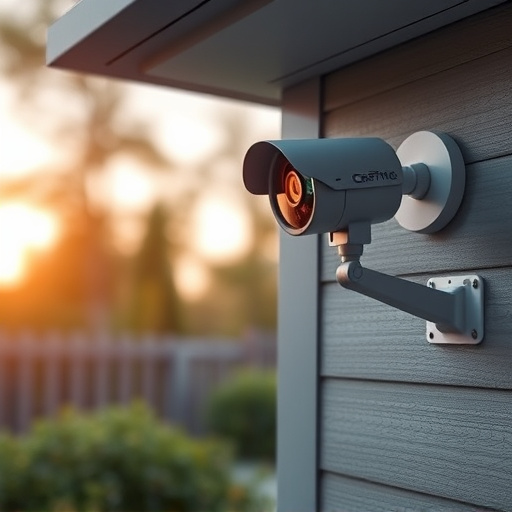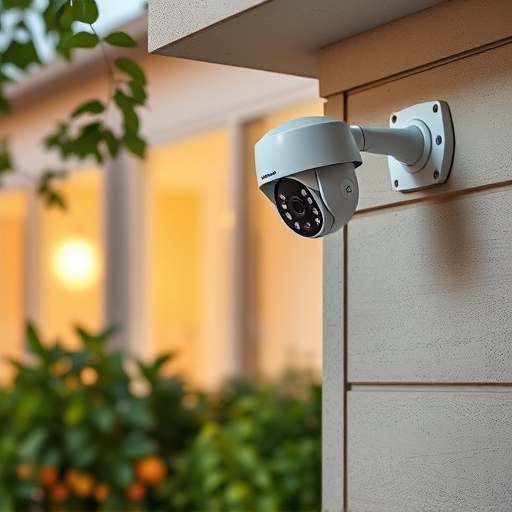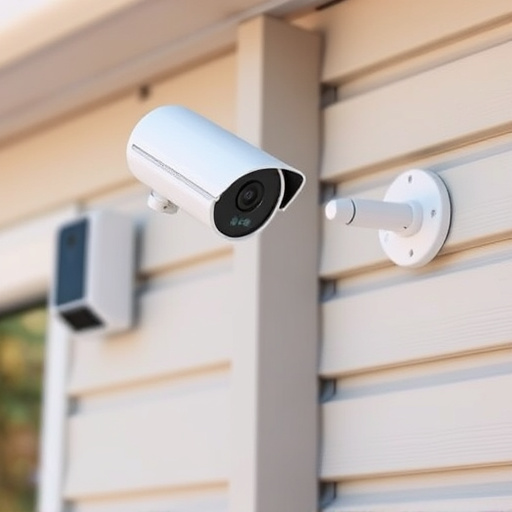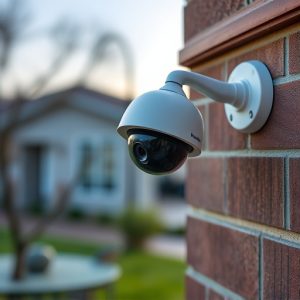Emergency response services are crucial for home security, addressing medical emergencies and severe weather events swiftly. Homeowners can improve preparedness by knowing contact numbers, safety protocols, and emergency kits. Informing yourself about local alert systems and community response plans further enhances home security, building a stronger, more resilient community. Home security systems act as early warning signals, enabling quick assessments of suspicious activities or emergencies. Proactive measures like securing locks, regular drills, clear evacuation plans, and collaboration with local responders are vital components of comprehensive home security.
In moments of crisis, effective emergency response services are the first line of defense for home security. This article delves into the critical role these services play in addressing urgent situations, focusing on identifying high-risk scenarios demanding immediate action. We explore strategies to enhance home security through proactive preparedness and collaborative efforts with emergency responders. By understanding the dynamics of emergency response and fostering a partnership with local authorities, individuals can significantly bolster their home security measures.
- Understanding Emergency Response Services: The First Line of Defense for Home Security
- Identifying Critical Situations Requiring Immediate Action
- Enhancing Home Security: Preparedness and Collaboration with Emergency Responders
Understanding Emergency Response Services: The First Line of Defense for Home Security

Emergency response services play a pivotal role in safeguarding our homes and communities, acting as the first line of defense for home security. These services are designed to swiftly address urgent situations, from medical emergencies to severe weather events, ensuring the well-being of residents. By quickly mobilizing trained professionals, emergency responders provide critical care, stabilization, and specialized assistance, minimizing potential risks and losses.
Understanding the significance of these services is crucial for homeowners, as it empowers them to be better prepared. Knowing the contact numbers, understanding basic safety protocols, and having a well-stocked emergency kit can significantly enhance home security. Additionally, staying informed about local alert systems and community response plans enables residents to contribute actively to their own safety net, fostering a stronger, more resilient community in the face of unexpected challenges.
Identifying Critical Situations Requiring Immediate Action

In urgent situations, immediate identification of critical scenarios is paramount for effective emergency response services. Home security plays a pivotal role in this process as it serves as an early warning system for potential hazards. Various factors contribute to recognizing these critical situations, such as automatic or manual alarm triggers from home security systems, neighbor notifications, or personal calls for help.
Quick assessment of the situation is crucial, considering elements like suspicious activities, signs of intrusion, fire indications, medical emergencies, or environmental dangers. Timely identification allows emergency responders to prioritize and allocate resources effectively, ensuring swift assistance to those in need, ultimately enhancing community safety and well-being.
Enhancing Home Security: Preparedness and Collaboration with Emergency Responders

Enhancing home security is a multifaceted approach that goes beyond installing alarm systems. It involves proactive preparedness measures and fostering collaboration with emergency responders. Homeowners can significantly improve their safety by creating a secure environment, which includes ensuring robust locks, securing valuable items, and establishing clear evacuation plans for all family members. Regular drills and discussions about potential scenarios help in quick response during urgent situations.
Collaboration with local emergency response services is crucial. Keeping open lines of communication ensures that responders are prepared to handle unique home security challenges. Sharing details about your residence, such as layout, access points, and specific vulnerabilities, enables first responders to act swiftly and effectively, ultimately enhancing the overall Home Security posture.
In understanding the vital role emergency response services play in safeguarding our homes, it’s clear that preparedness and collaboration are key components of enhancing home security. By identifying critical situations requiring immediate action and implementing robust measures to support our first responders, we can create a safer environment for ourselves and our communities. Remember, every second counts during an emergency, so ensuring clear communication and coordination with local emergency services is crucial for effective response times. Let’s work together to strengthen our home security tapestry through proactive measures and unwavering support for these essential services.
